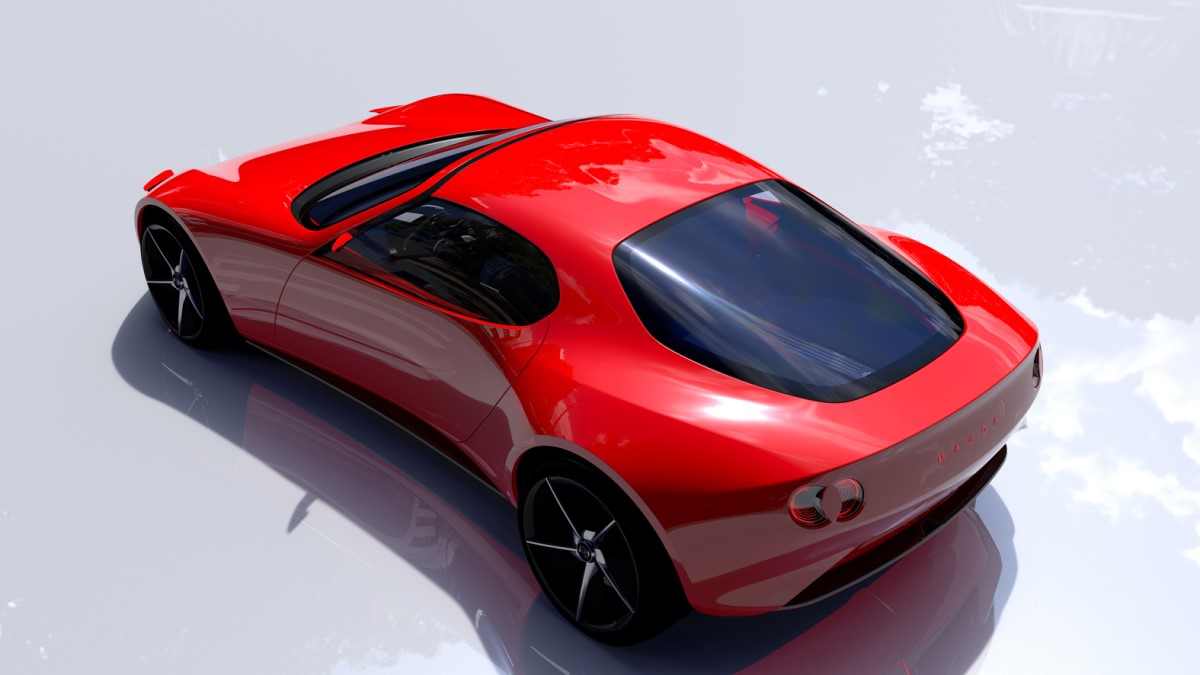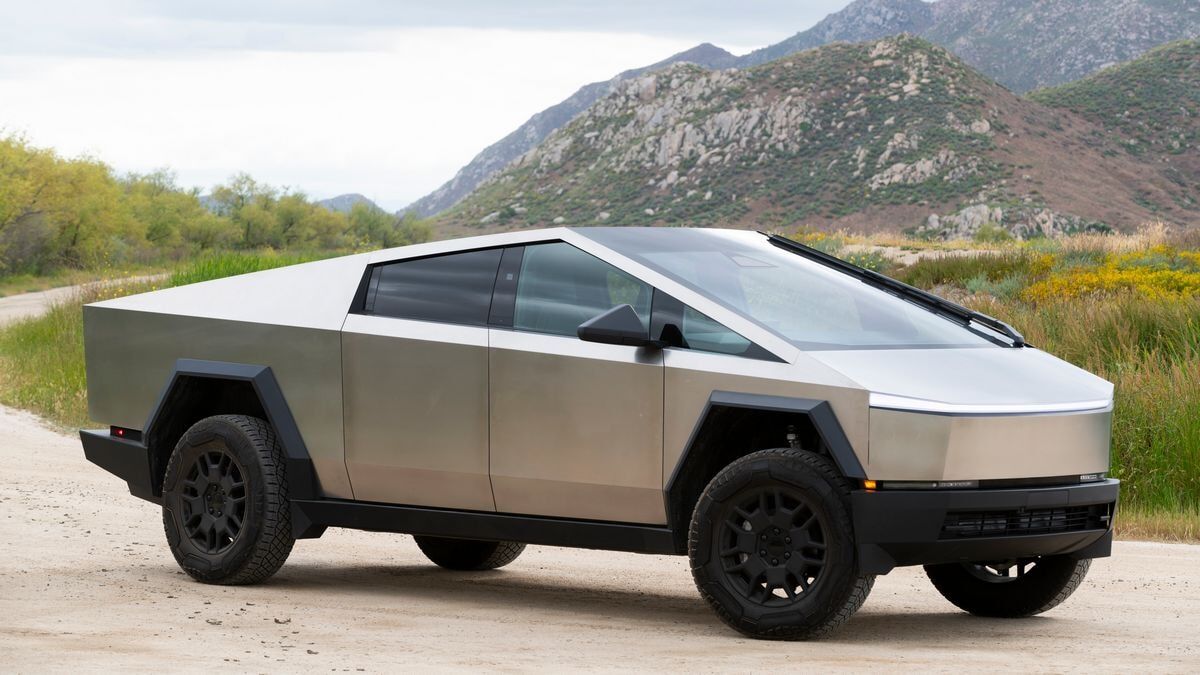Dealers paid significantly more at auction last month for the used cars they buy to restock their lots. When wholesale prices rise, retail prices tend to follow, usually in six to eight weeks.
The reason isn’t hard to fathom — unprecedented tariffs are pushing up the prices of new cars. When new car prices rise, would-be new car buyers turn to used cars instead. That pushes used car prices up, too.
Related: Is Now the Time to Buy, Sell, or Trade in a Car?
The Manheim Used Vehicle Value Index tracks the prices car dealers pay at auction for used cars. Car auction giant Manheim publishes it. Manheim and Kelley Blue Book share an owner: parent company, Cox Automotive.
The index rose 2.7% last month, a dramatic jump. It ended April 4.9% higher than a year ago, a number so high it recalls the early days of the COVID-19 pandemic.
Some increase is normal for this time of year. But even when accounting for typical seasonal fluctuation, wholesale prices sit a remarkable 4.3% higher than a year ago. The index has now reached its highest point since October 2023.
“The ‘spring bounce’ normally ends the second week of April, but this year, wholesale appreciation trends continued for the entire month and were much stronger than we typically observe,” said Jeremy Robb, senior director of Economic and Industry Insights at Cox Automotive. “We expected to see strong price appreciation in response to the tariffs, and that’s exactly what came.”
Used luxury cars saw their prices increase the most, a 5.9% spike compared to April 2024. SUV prices rose by a similar 5.5%. Only compact sedans saw their average auction price fall, declining 1.5% against last year.
Cox Automotive analysts have long predicted that tariffs would trigger a short-term rush of car shopping, followed by a decline as Americans sought to guard their money. April may have seen part one of that pattern: Americans bought 13% more used cars last month than they did in April of the prior year.








